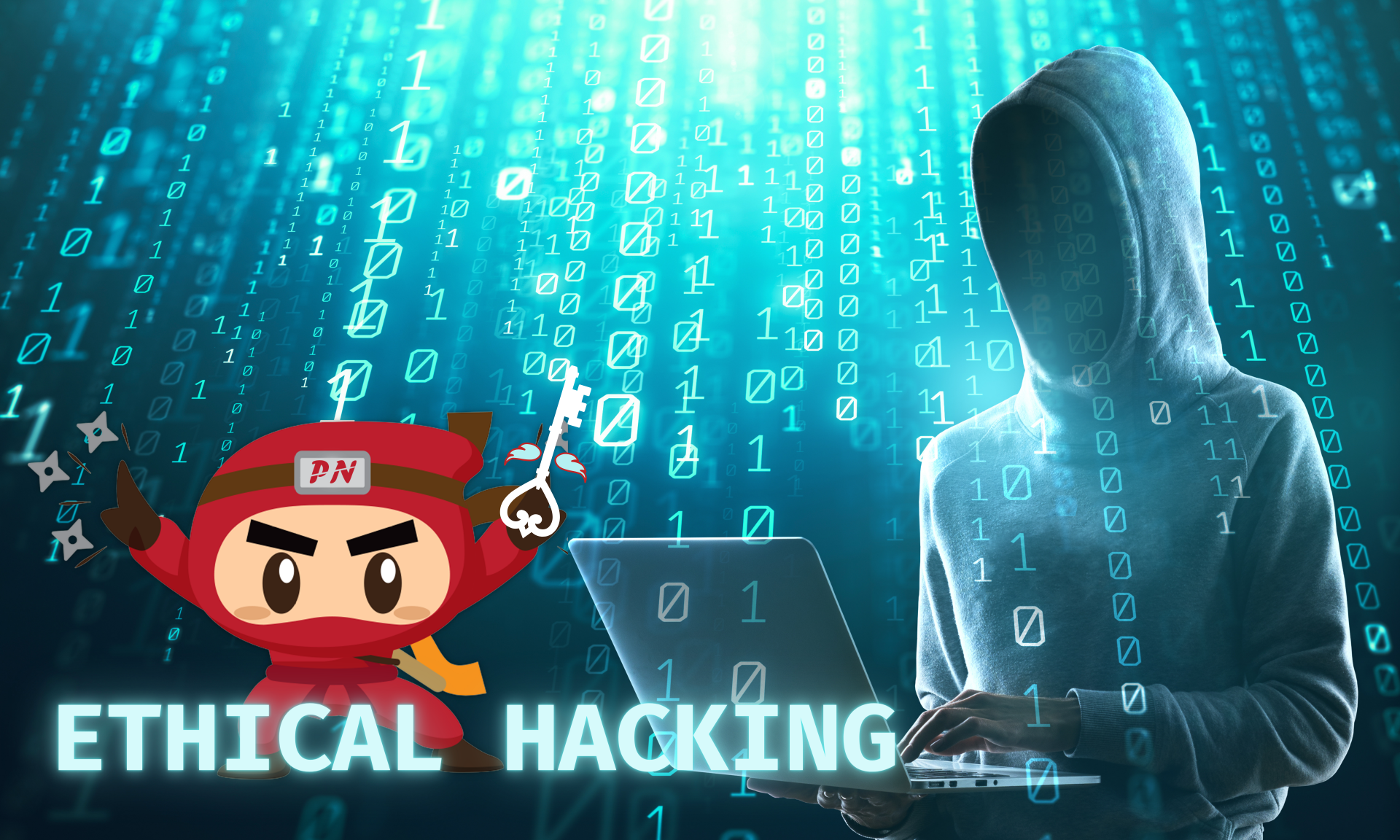KEEP IN TOUCH
Subscribe to our mailing list to get free tips on Data Protection and Cybersecurity updates weekly!



The need for a more robust system of cybersecurity has been steadily growing among organizations. Due to the constant cyberthreat from the hands of malicious hackers, businesses are always on the lookout for ways to improve their data protection. The best method is prevention. More specifically, ethical hacking is still viewed as one of the best preventive remedies against cyberattacks.
Here are the top 4 “what” questions to enlighten you on ethical hacking, and why you should strike first.
Ethical hacking, in its simple sense may be defined as an authorized attempt to gain unauthorized access to a computer system, application, or data. It is a process of mimicking or replicating strategies and actions of malicious hackers.
Carrying out an ethical hack would help an organization identify certain security vulnerabilities to resolve them before a cybercriminal has the opportunity to exploit such. The key concepts of ethical hacking would include experts who follow key protocols such as;
An ethical hacker may be distinguished from a malicious hacker based on the purpose of their work. The former uses their knowledge to provide suggestions in improving the cybersecurity of organizations. On the other hand, the latter would use their knowledge in infiltrating the very same security system in order to exploit valuable data.
While a malicious hacker may specialize on a certain malware in perpetuating his or her scheme, an ethical hacker should be proficient and familiar with a wide variety of cybersecurity threats to be more effective.
Lastly, ethical hacking involves expertise of a professional whom should be compensated from company funds. Usually, an ethical hacker may be called for re-test quarterly or semi-annually to ensure vulnerabilities are always kept in check. On the other hand, malicious hackers would rely on generating financial gain from exploited business organizations to sustain their scheme’s operation.
Also Read: What is Social Engineering and How Does it Work?

As previously mentioned, the main goal of ethical hacking is to find vulnerabilities on the organization’s digital security by mimicking an attack. Their first goal is gather as much information as possible through the power of the world wide web.
Once the ethical hacker has enough raw data, they would now look for any security vulnerabilities present in the system. This is done through the combination of automated and manual testing. Once a vulnerability is exposed, ethical hackers would use the exploits to demonstrate and prove how a cyber criminal might exploit it.
Below are the most common security vulnerabilities an ethical hacker may discover:
The process does not end after the hacking proper. After the testing period, the ethical hacker prepares a document which lists the findings along with some recommendations on how to address or at least mitigate them.
Professionals who practice ethical hacking are known as White Hats. As you can guess, those who practices security violations are called as Black Hats. The best way to differentiate between the two is by taking into consideration their motives.
White Hats may form a team in order to provide better service to their clients. With a larger pool of experts, each with their own area of expertise, this group can help your organization find security vulnerabilities faster and more accurately.
Black Hats on the other hand usually works alone and anonymously. Although there may also form a group, this is somehow rare as an aggregate of hackers could attract authorities and expose their scheme easily.
On the middle of the spectrum are those called Gray Hats, who do not exactly practice ethical hacking or malicious hacking, but hacks organizations just for fun (or other reasons). However, It must be noted that Gray Hat and Black Hat hacking are deemed illegal as both would constitute an unauthorized system breach, regardless of their intention.
Now that you have a basic background on ethical hacking, it is very important to consider if this service would be something that benefits your organization. To reiterate, ethical hacking can significantly increase the level of your cybersecurity by letting you strike first even before you are targeted by cyber criminals.
Once done by a professional, ethical hacking prevents any data breach before your system is attacked and your sensitive data exploited.
Also Read: Vulnerability Assessment vs Penetration Testing: And Why You Need Both
Ethical hacking has always been beneficial to every organisation that practices them. A concrete example is penetration testing, wherein a penetration testing vendor, such as Privacy Ninja, tries to hack the organisation’s system to see if it is impenetrable and to check if there are any vulnerabilities that need patching up.